7 Ways in which your body atrophies in space
As a result of the race to conquer Mars, scientists around the world have wondered what life would be like on the neighboring planet. Some of them say that by 2117, the first colony will be established on Martian soil and humans will remain the same, however; The climatic changes in the red planet and in ours will allow life to develop naturally. Contrary to this thinking, evolutionary biologist Scott Solomon of Rise University in Texas says that the man will have to go through a relatively rapid adaptation process to be able to inhabit the "Red Planet" without problems.
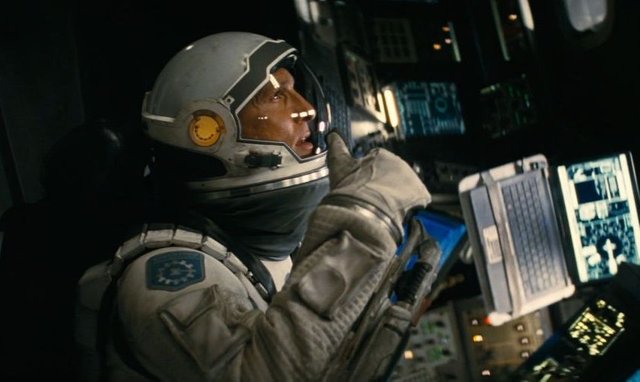
Better known as a "founding effect," Solomon argues that 6,000 years of adaptation and evolution will have to pass so that a human being can develop with complete normality. Although his theory may sound a bit exaggerated for his detractors, it is enough to see how the astronauts orbiting the earth react to realize that we are not yet ready to survive a hostile and completely different environment from the Earth.
-------------------------------------------------- -------------------------------------------------- --------------
::
Sudden urine

On Earth, the system sends the urge to urinate when the bladder contains two-thirds of its capacity. Things in space are a little different, that uncomfortable signal has to do with gravity, so when suspended in orbit, the bladder simply keeps filling until the body lets out excess fluids without warning.
-
-------------------------------------------------- -------------------------------------------------- --------------
Bone and muscle weakness

As they are constantly floating, astronauts do not even do everyday movements, this weakens the muscles quickly and causing them to be reduced in size. In addition, the ability of bones to reabsorb calcium does not work in different gravities, so the low density of bone tissue adds to problems.
-
-------------------------------------------------- -------------------------------------------------- --------------
Flooded eyes
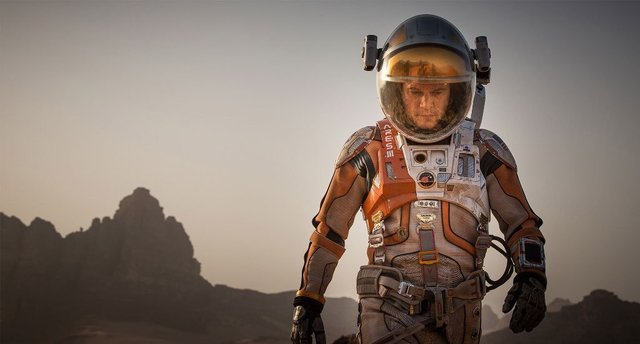
Because the water does not drain into space, it adheres to the bodies in the form of small liquid spheres. This phenomenon becomes a problem when the aqueous material comes from the human body; Especially of the eyes. The tears that adhere to them and limit the vision, for this reason it is necessary to be constantly cleaning them, just like sweat.
-
-------------------------------------------------- -------------------------------------------------- --------------
Ghost Members
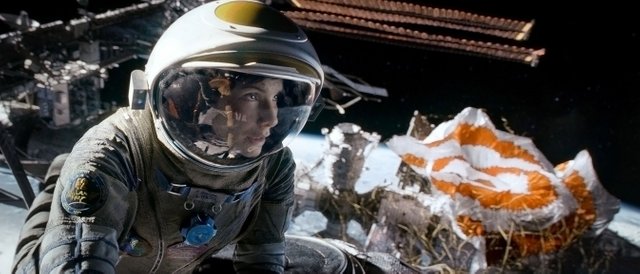
As lack of gravity causes bodies to move involuntarily, some astronauts have lost control over their arms and legs, so much so that sometimes they think they are members of their companions.
-
-------------------------------------------------- -------------------------------------------------- --------------
Exhaustion
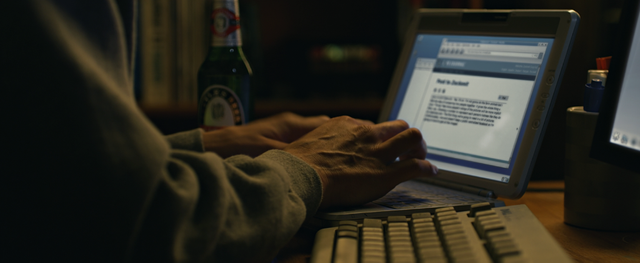
By orbiting the ground every 90 minutes, astronauts see a total of 16 sunrises and sunrises every 24 hours; By being linked directly to the perception of light, the sleep cycles of these people are affected, causing them to lose valuable hours of sleep.
-
-------------------------------------------------- -------------------------------------------------- --------------
Irregularity of blood flow
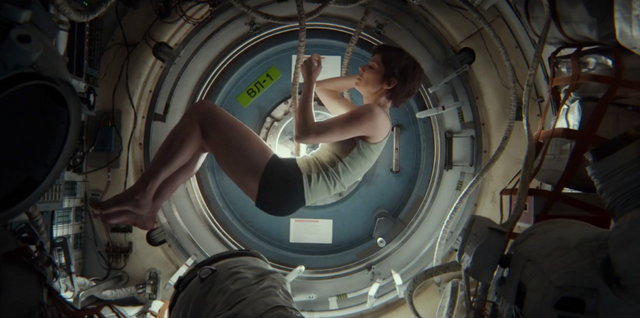
In the same way as water, blood tends to run to the lower part of our bodies; However, being subjected to zero gravity, all it does is run freely until it reaches the head. The effects of this free flow of blood last about four days, until the body adapts.
-
-------------------------------------------------- -------------------------------------------------- --------------
Disorientation
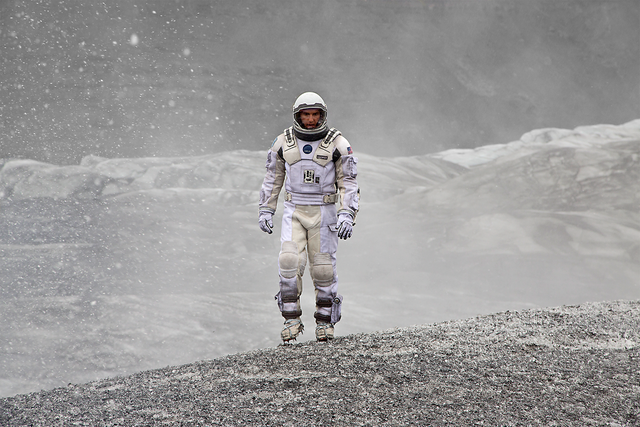
Our sense of orientation depends directly on two organs located in the ear: utricle and saccule, which function from the environmental pressure, to determine what is up and down. So the lack of gravity and, consequently, the lack of pressure causes the body to be totally confused.
my own post in spanish